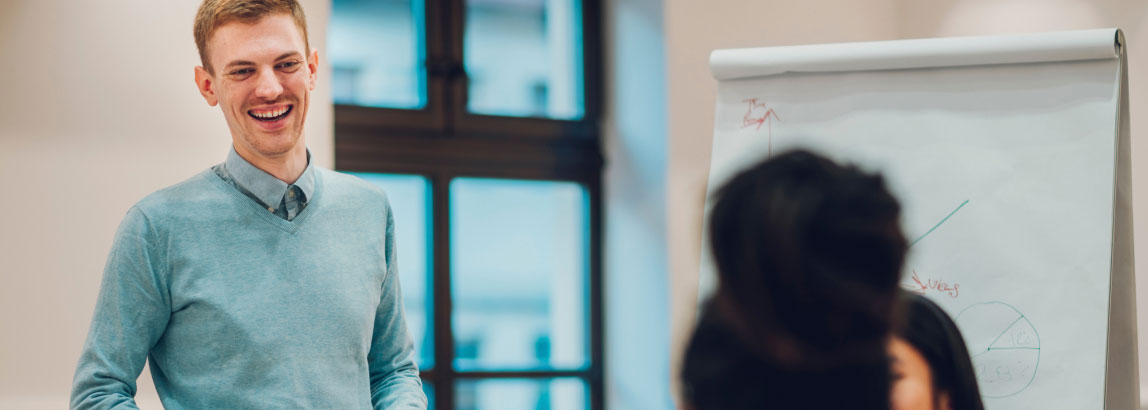Not found

Related vacancies

Full Professor of Executive Coaching
- 0.4 / 0.4
- School of Business and Economics
- Professor
- MSc
- Closes on07-09-2025
- Publishing date24-06-2025
-
0.0 km
Join VU as professor in Executive Coaching, lead research, education & impact in a growing field that bridges science and practice, and shape the future of leadership development.
View vacancy

PhD: Impact-based forecasting of compound heat/drought events in the Netherlands
- 0.8 / 1
- Faculty of Science
- PhD
- MSc
- Closes on15-08-2025
- Publishing date17-07-2025
-
0.0 km
Are you keen to contribute to our understanding of and resilience to compound heat or drought events? Do you want to carry out scientific research that supports the development of early warning systems? Then we are looking for you!
View vacancy

Programme Manager Human-Centric AI
- 0.8 / 1
- Institutional Affairs
- Development & Innovation
- MSc
- Closes on24-08-2025
- Publishing date15-07-2025
-
0.0 km
Are you passionate about AI that truly serves people and society? Do you want to help researchers unlock AI and data-driven technologies in field of health, social sciences and humanities, and sustainability?Join as Programme Manager Human-Centric AI
View vacancy
This website uses cookies
We, and third parties, use cookies on our website. We use cookies to ensure that our website functions properly, to store your preferences, to gain insight into visitor behavior, but also for marketing and social media purposes (showing personalized advertisements). By clicking 'Accept', you agree to the use of all cookies. In our Cookie Statement. you can read more about the cookies we use and save or change your preferences. By clicking 'Refuse' you only agree to the use of functional cookies.